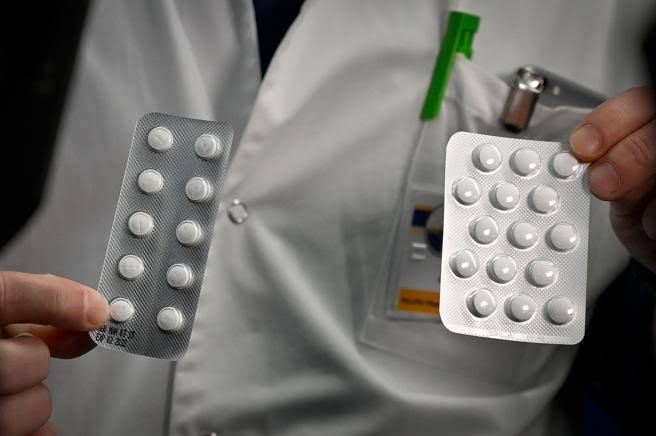Although chloroquine has been tagged as the holy grail which is believed to serve as a cure to the deadly coronavirus, an American doctor has revealed that the long term risk of the drug is hazardous.
According to researchers, the properties present in the drug appear to make it effective against the deadly COVID-19 virus.
Read also: NCDC Confirms 4 COVID-19 Cases in Lagos, Oyo
Dr. Remington Nevin, who is a Vermont-based physician epidemiologist and expert consultant revealed that chloroquine can cause “lasting neuropsychiatric adverse effects in some people likely as a result of idiosyncratic neurotoxicity.”
Idiosyncratic reactions mean unpredictable responses/reactions exhibited by individuals after taking a medication due to the properties present in the drug.
Sharing some insight about the drug via his twitter page, he wrote: “Chloroquine’s long-term adverse effects are underappreciated. Widespread use of the drug against malaria has likely contributed to prevalent mental illness and mild neurological dysfunction in treated populations. For decades, these effects have been mostly overlooked.
“When chloroquine was used in treatment of malaria, whatever risk of these effects was recognized was considered mostly acceptable against the greater risk posed by the disease. And so too will this reasoning likely apply as widespread use of the drug is considered for COVID-19.
“Should chloroquine be used in healthy young persons for prophylaxis of COVID-19? Probably not. In this case the risk of adverse effects must be considered and should likely weigh against widespread use. But should chloroquine be used for treatment of COVID-19? Probably it should.
“What about possible prophylactic use in high-risk individuals? I suspect we may know fairly soon by following the relative morbidity and mortality from COVID-19 among taking hydroxychloroquine for autoimmune disease. If they fare better than their peers, we will have the answer.”
He went on to suggest that hydroxychloquine could be used as an alternative because it has similar properties to chloroquine, compared to mefloquine or quinacrine whose risks are too high “no matter how dire the situation may appear. Mass prophylaxis with these drugs is psychiatrically devastating.”
He noted that: “The last thing we need in the midst of a global COVID-19 pandemic is a sizeable minority of the population prophylaxed on mefloquine suffering horrific nightmares, anxiety, paranoia, and aggression from the drug. The adverse consequences from this are unpleasant to consider.”

